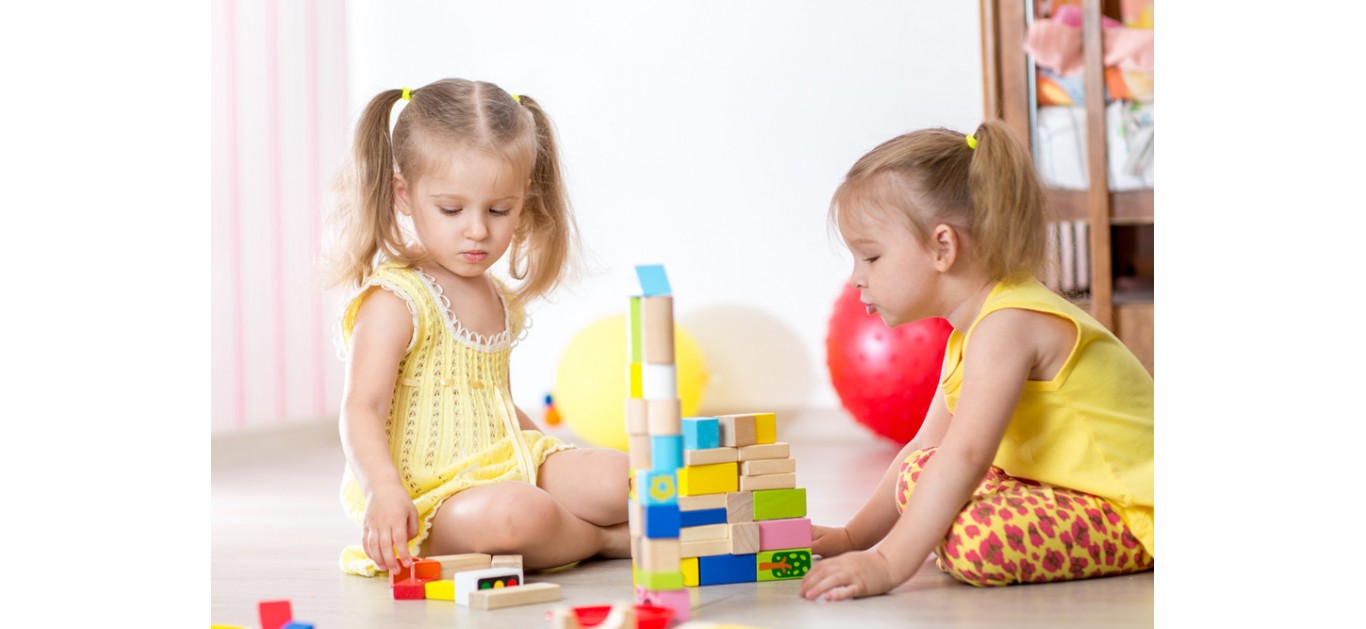Five types of play every child needs

We all know how important play is for kids. Play is just more than fun; it helps develop language skills, stimulates motor, social and probel-solving skills and cultivates their creativity and imagination- all of which are important steps in their learning process. But sometimes, we wonder what exactly kids learn when they toss a ball or talk to their imaginary friends. The answer is that play provides the perfect basis for learning. We just have to make sure that we give our kids the necessary tools and encourage them to engage in the five types of play they need that are detailed below:
Imagination and Creativity games
Whether it's playing dress up, drawing or making something on their own, kids needs to let their creativity and imagination soar and flourish. This type of play doesn’t have any rules, structures or instructions- everything and anything is possible.
To encourage your kids to engage in free or open play, make sure you provide them with all the necessary space, tools and time. Whatever, it may be, whether it's dolls and teddy bears, costumes, crayons and paper or even ordinary household items or a good cardboard box. You'll be surprised at how easy it's for kids to create new worlds and situations because at their age, they don’t differentiate the real world from the imaginary one.
Language and Vocabulary games
When kids play with others, whether it's with kids their age or even adults, children listen and learn what is being said without even noticing it. That is why during playtime, kids learn to structure their sentences, learn new words and communicate their needs and ideas.
Everytime you play with your kids, make use of their toys and encourage them to learn the names of each one, how they work and what they are for. For example, if it's a toy train, you can ask questions like- "Are there people on the train?" or where is the train headed?
Remember, that each time you ask a question, it’s important to give our kids enough time to answer and we should help them understand what they can't comprehend. It’s also equally important to get them to ask their own questions.
Playing with dolls, teddy bears, etc allow kids to re-enact and recreate real situations and gives them the opportunity to use the new words and sentences they learn on a daily basis.
Motor Skill games
By handling and grasping objects like puzzles, crayons, dolls, blocks or even helping you out in the kitchen, and using their tiny bodies to engage in physical activities, children learn to develop and improve their motor skills. What you have to do is make sure that your kids have at least two hours a day of playing these types of games.
Social Skill games
Sharing, communicating, listening and negotiating are important challenges that are crucial for little kids. They might not be able to see beyond their own needs but kids have to learn how to get along with others and this can only be done by playing with others. Group activities allow our kids to build a positive foundation of good communication and social skills.
Problem Solving games
While kids play, they also need to learn how to solve problems and exercise their innate curiosity. Whether it’s playing with building blocks or doing a puzzle, kids will ask themselves countless questions like will this piece fit here? How many blocks do I need to build a tower?
We can further cultivate their logical thought process by asking them our own questions like, "How many pieces are there in this puzzle?", "How many building blocks can you stack up without it toppling over?"
But remember, kids need to decide what they play with and when. Riddles, simple science experiments are good activities that fall under this type of play.
Playing is the way our kids begin to understand and process the world they live in. When kids have fun playing, they learn better and faster. Our job is to make sure they do have fun playing.
